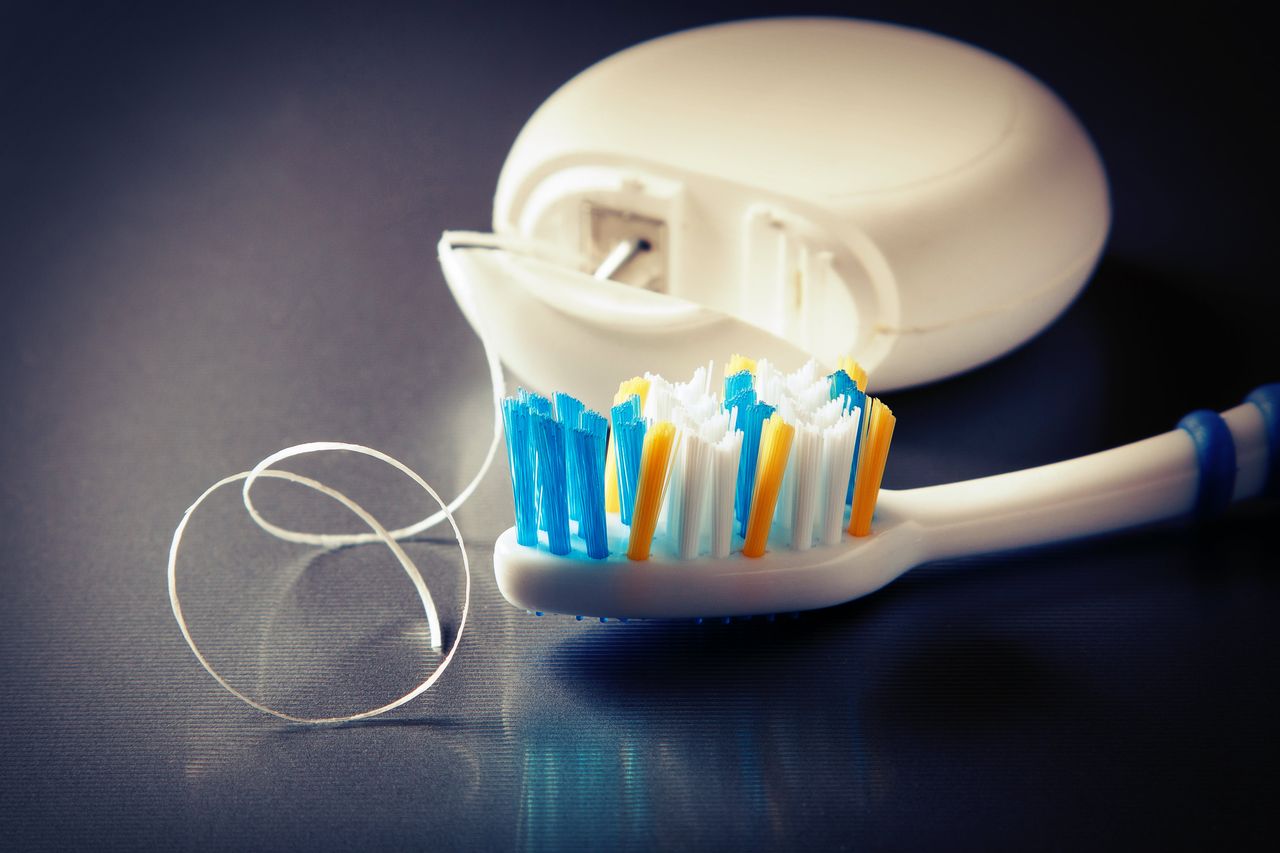
It’s the question that many people sitting in a dentist chair dread.
“Have you been flossing?”
According to the American Dental Association, only about 40 percent of Americans floss once a day. Twenty percent say they never floss at all, and 27 percent lie about it.
Whether or not we do it, we’ve all been made to feel we should floss more often. The federal government has been recommending regular flossing since the 1970s. The American Dental Association says it “helps remove debris and … the plaque that collects between two teeth, [reducing] the likelihood of gum disease and tooth decay.”
But for the millions of Americans who struggle to floss, news today from the Associated Press represent a huge validation: There’s scant evidence that flossing works.
AP reporter Jeff Donn filed a Freedom of Information Act request with a few departments of the federal government, asking a simple question: What’s the evidence that says we should floss for oral health?
The government responded, basically saying, “We don’t have any.” The AP writes:
When the federal government issued its latest dietary guidelines this year, the flossing recommendation had been removed, without notice. In a letter to the AP, the government acknowledged the effectiveness of flossing had never been researched, as required.
Few studies on the long-term effectiveness of flossing have ever been done
Flossing is thought to work by removing the sticky film of plaque that builds up on the sides of teeth. Bacteria live in that plaque and can break down the enamel of the teeth. It’s also thought this plaque can lead to gingivitis, which is the inflammation of the gums. People with gingivitis are at 46 times the risk for losing teeth over a 26-year period.
Around half of American adults have some form of gum disease, the American Academy of Periodontology states. And the interest group recommends “regular flossing” as part of a hygiene ritual to prevent it.
So flossing ought to remove plaque, which should then make your teeth healthy. Right?
The Cochrane Collaboration — a group of researchers who do systematic reviews of the evidence for major health questions — did a 2011 analysis of 12 studies on flossing to reduce gum disease and tooth decay, which included a total of 1,000 participants. It concluded: “Overall there is weak, very unreliable evidence which suggests that flossing plus toothbrushing may be associated with a small reduction in plaque at 1 or 3 months.”
And tooth decay? Can flossing help that? Per the report, “There was no information on other measurements such as tooth decay because the trials were not long enough and detecting early stage decay between teeth is difficult.”
Overall, there’s surprisingly little research that finds flossing is effective. The research that does exist is too short in duration to come to long-term conclusions.
Few of the studies in the Cochrane analysis, for example, lasted from more than three months. “Ideally, trials would run for 12 months or longer, which would also be important in any study that considered dental caries as an outcome, since it takes longer for caries to develop to a stage that can be detected by any of the methods currently available,” the Cochrane researchers write.
But the short-term data we do have find that flossing has minimal, if any, impact.
And as the AP story pointed out, even the floss industry “struggled to provide convincing evidence of their claims that floss reduces plaque or gingivitis. Yet the industry has paid for most studies and sometimes designed and conducted the research.”
So overall, you’re entitled to a bit more skepticism when it comes to flossing. But like with many questions in public health, we haven’t studied it enough yet to reach a clear conclusion.
[SOURCE:- VOX]



